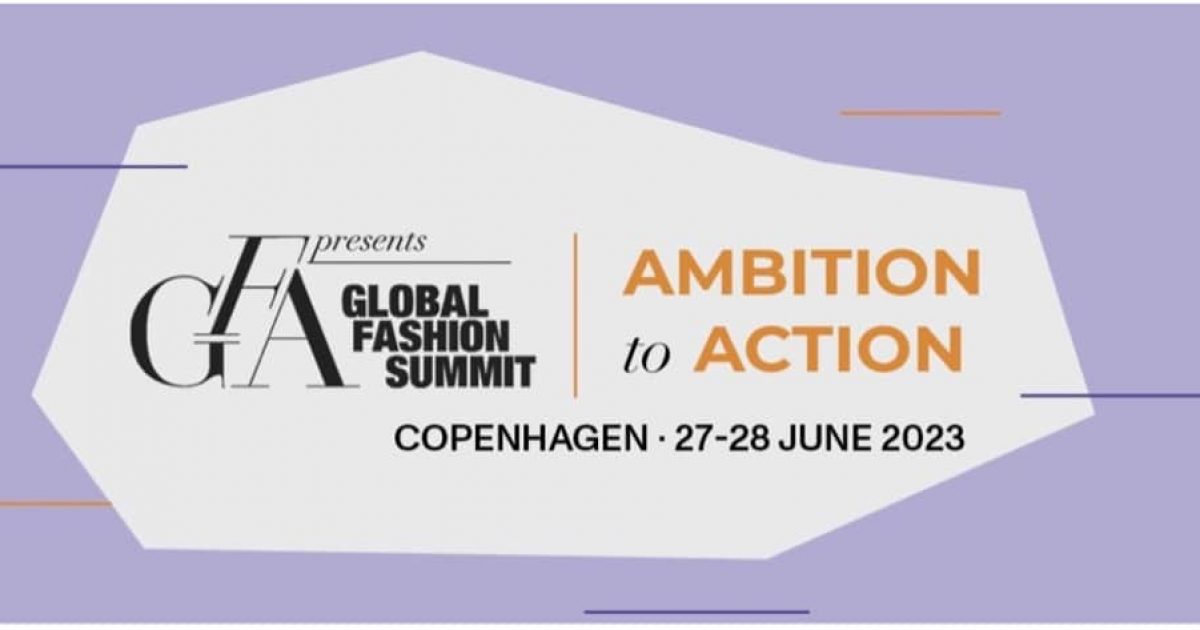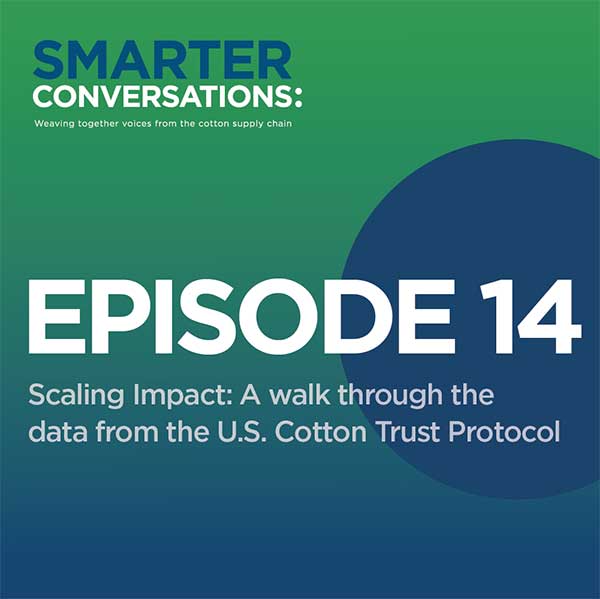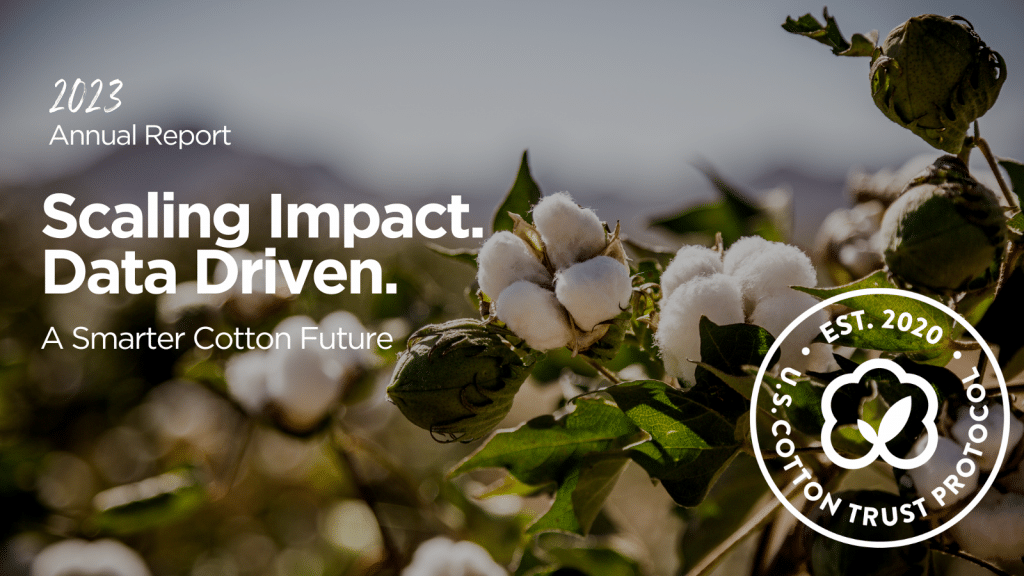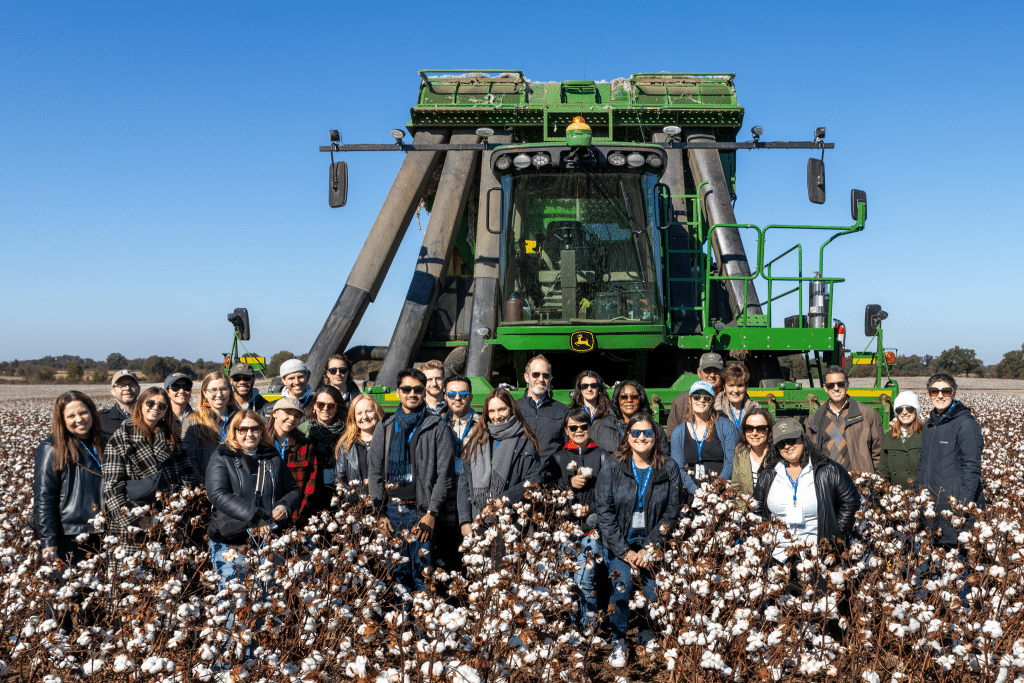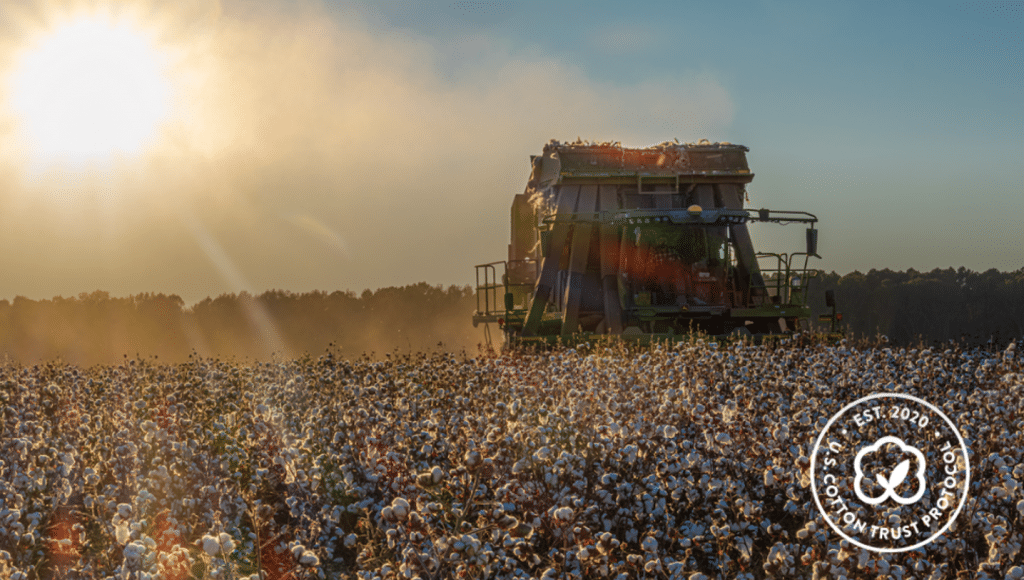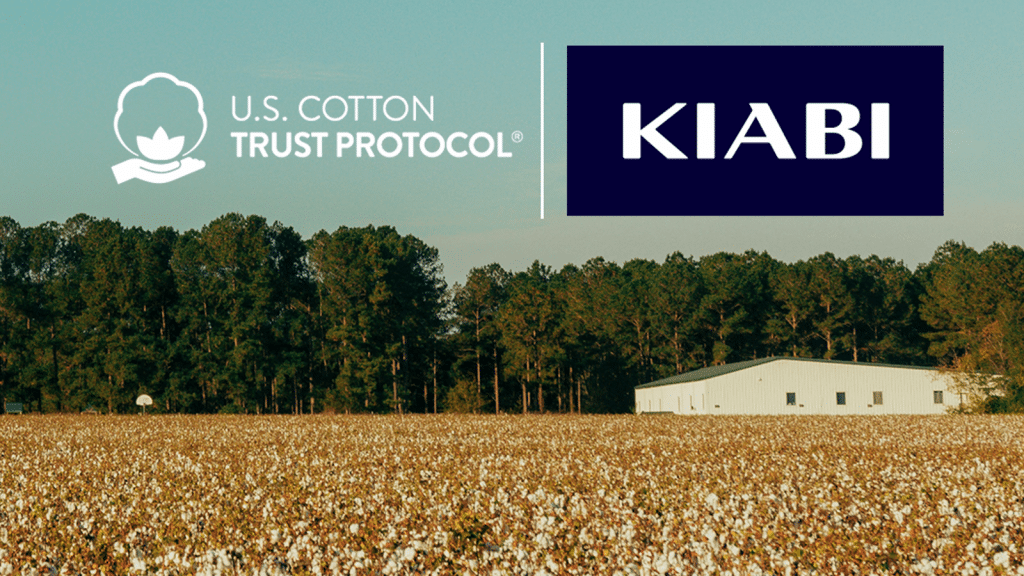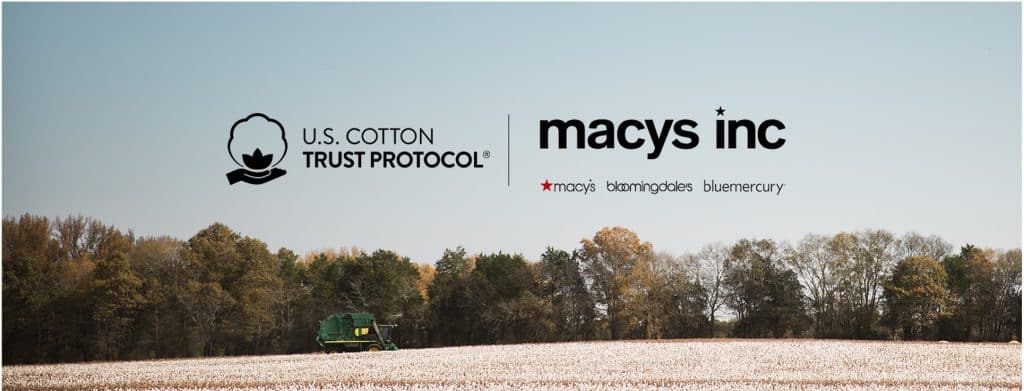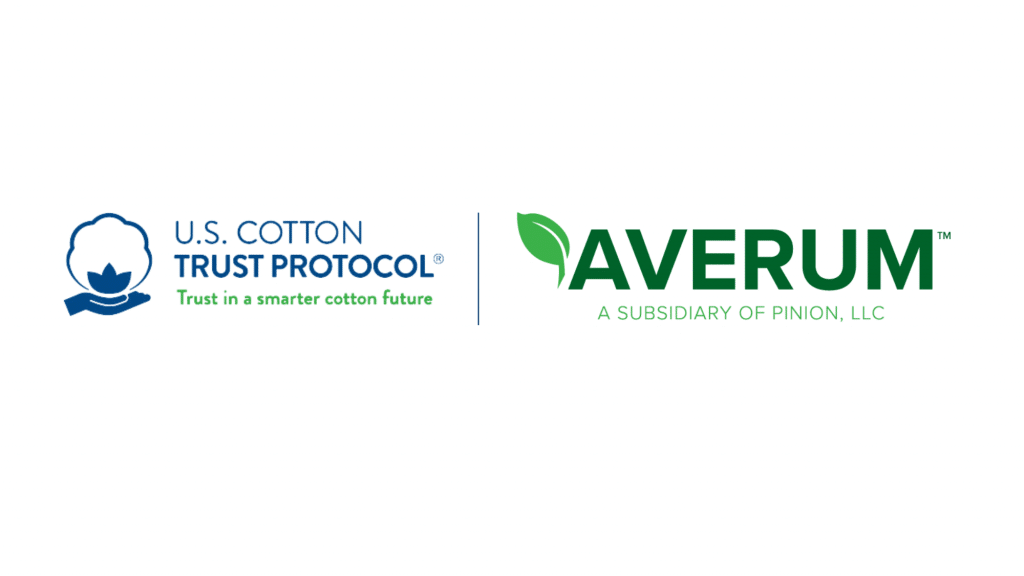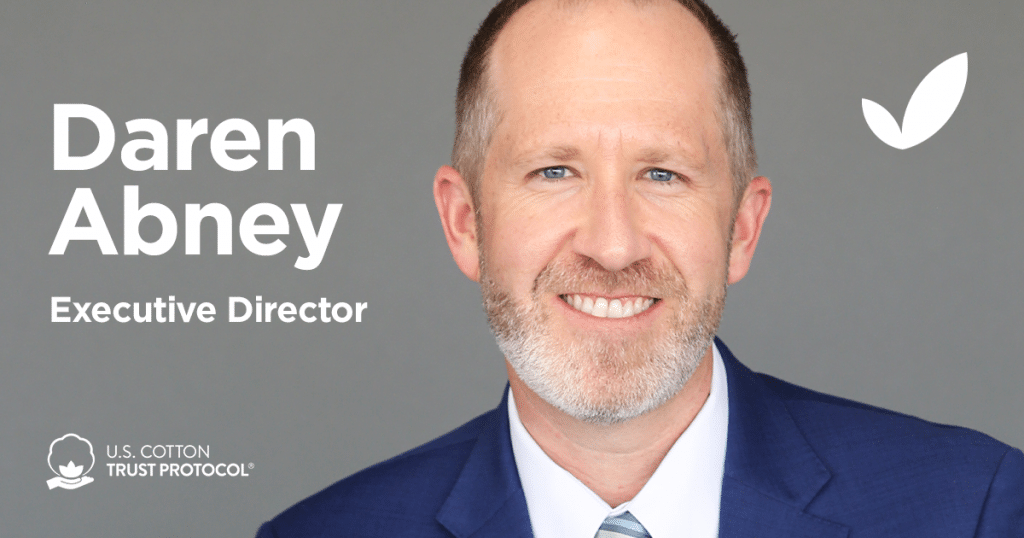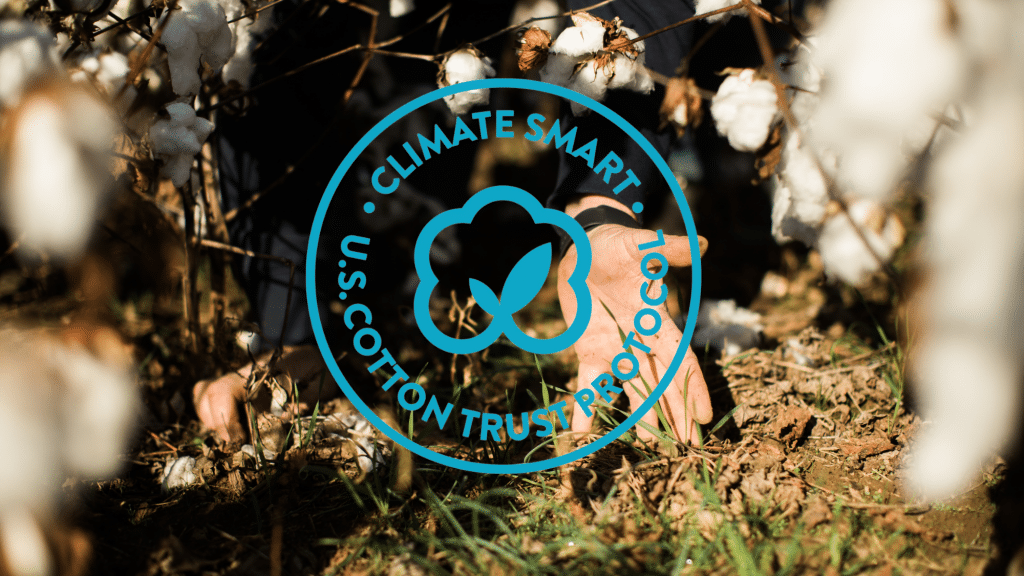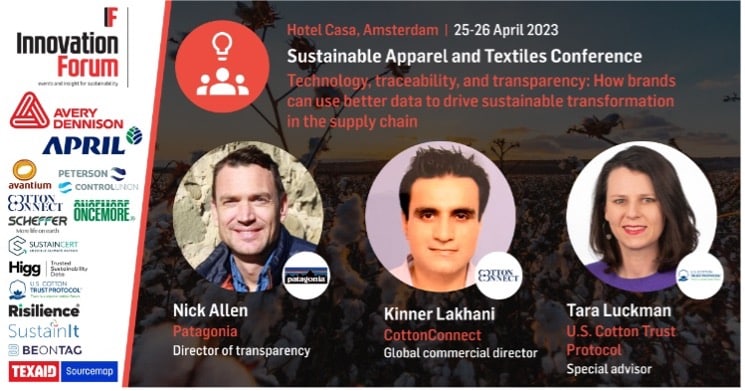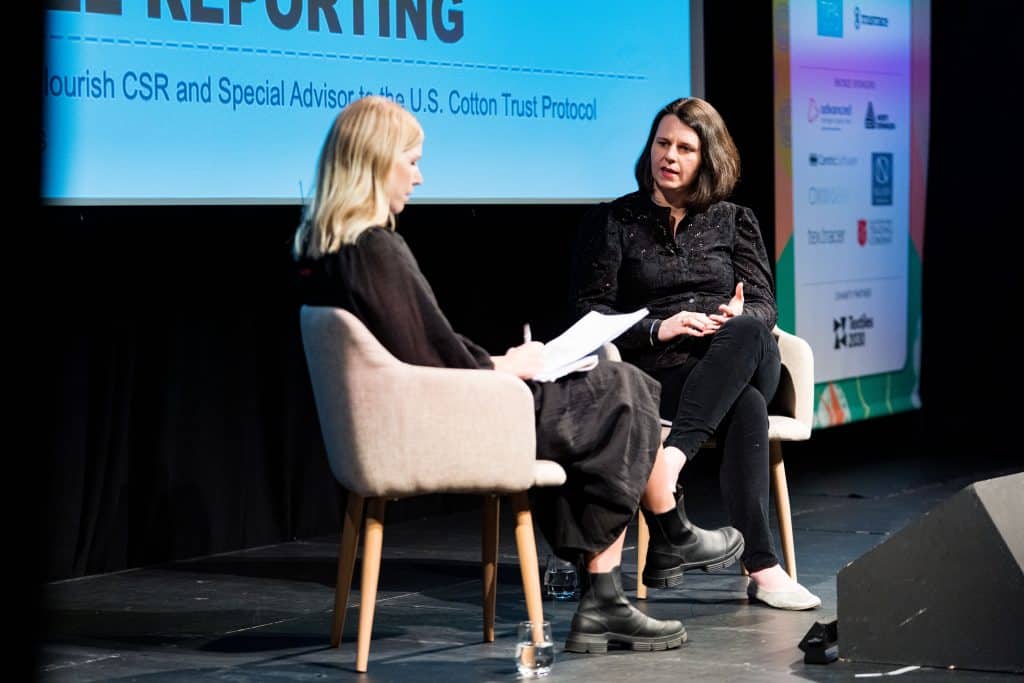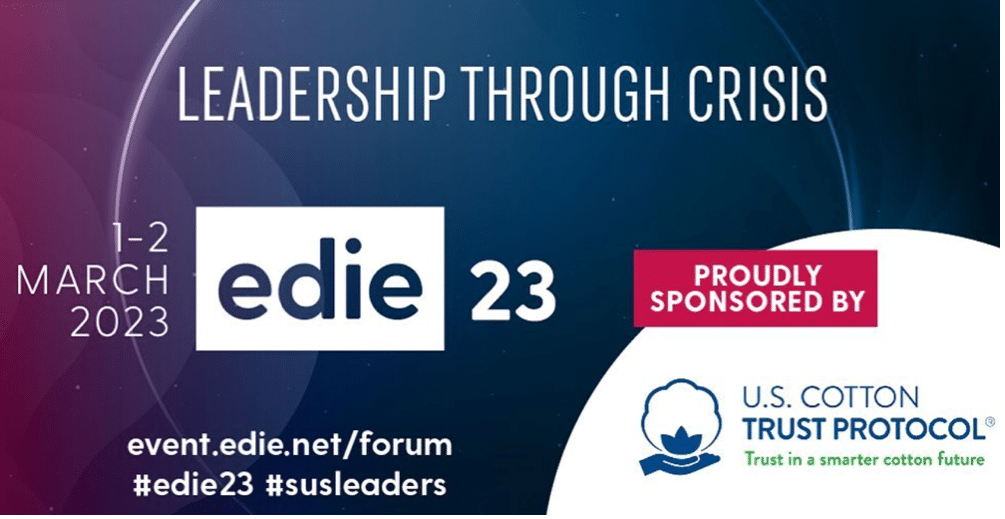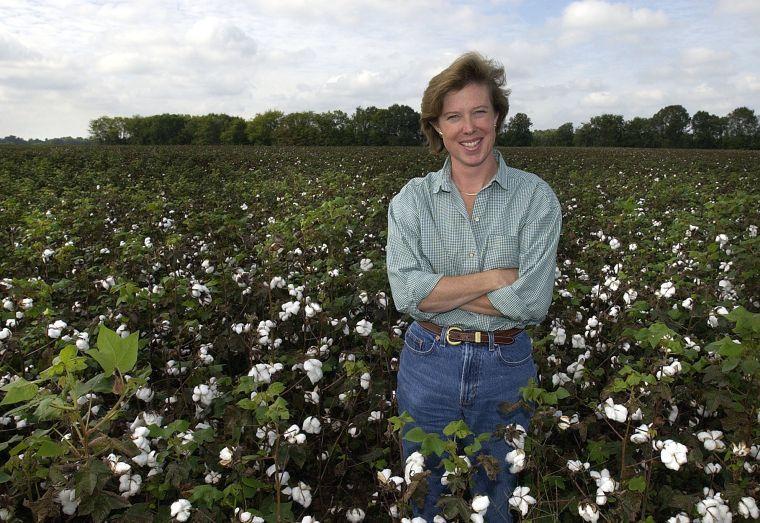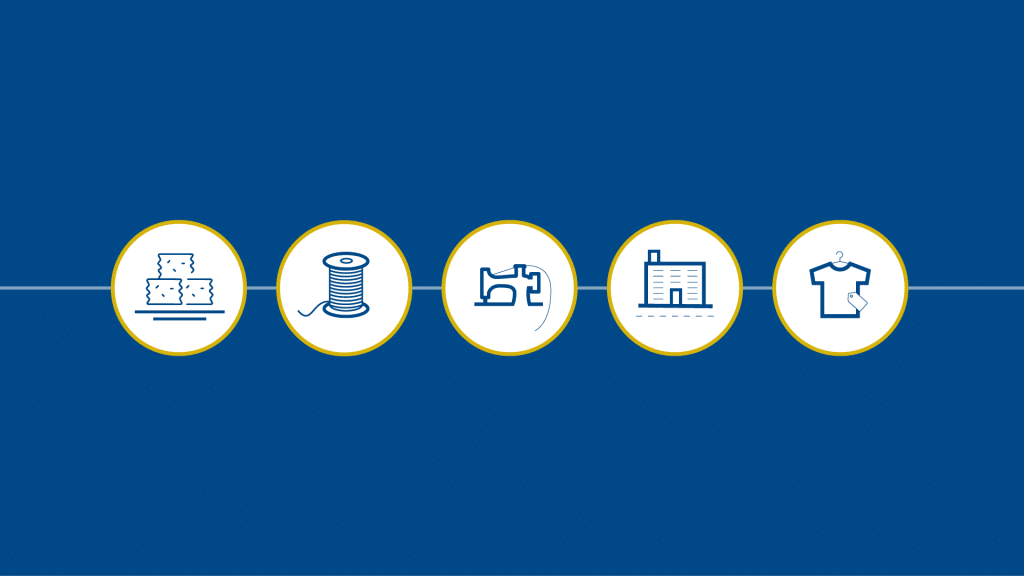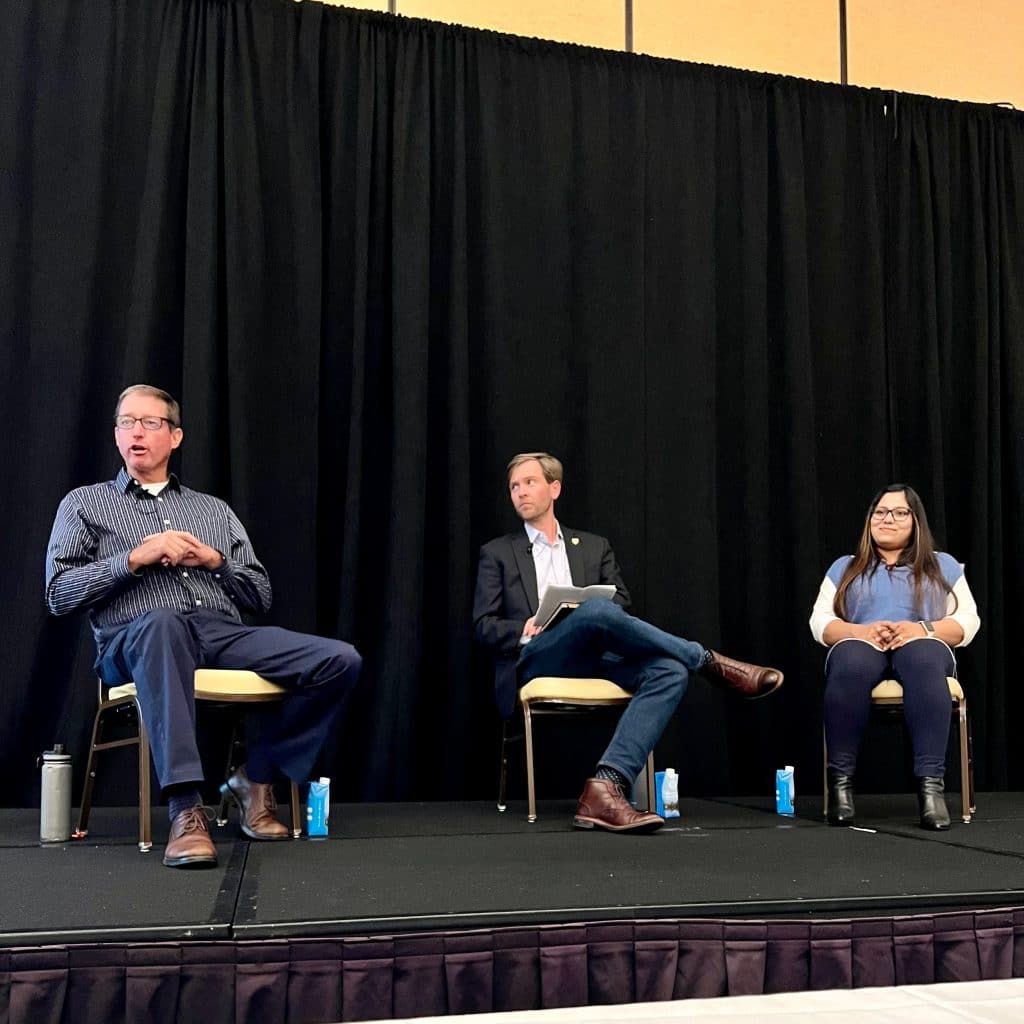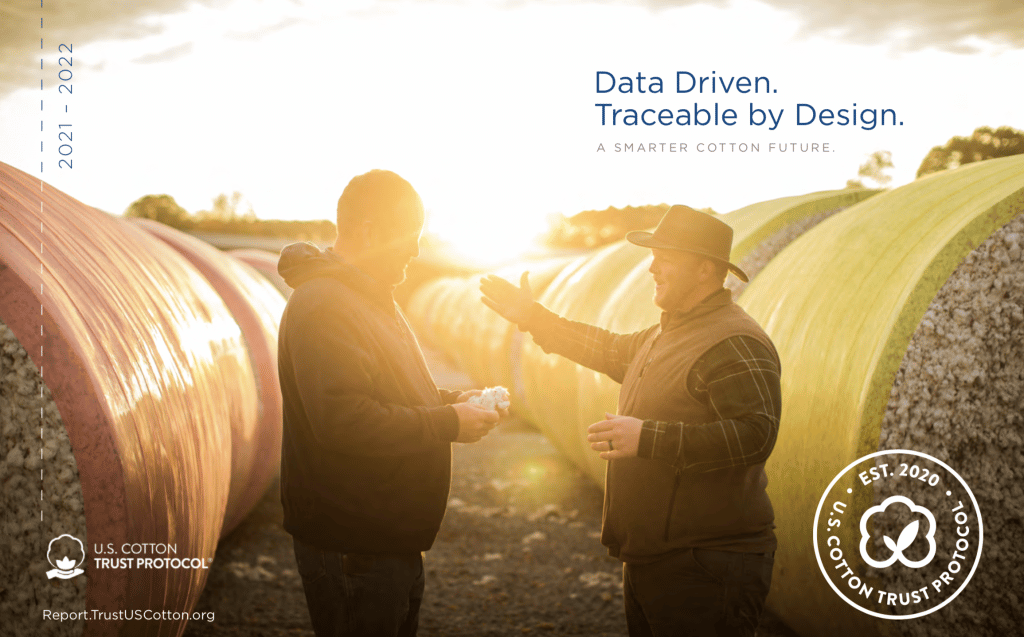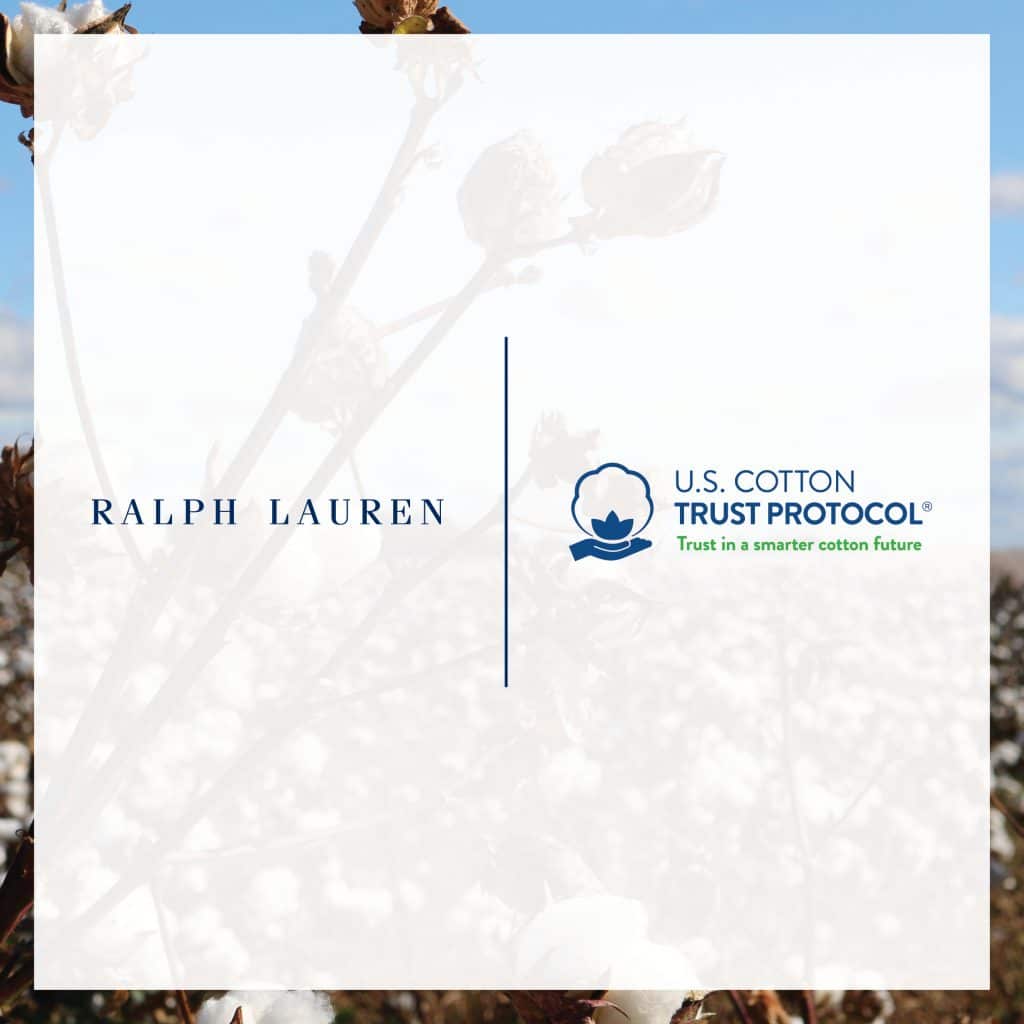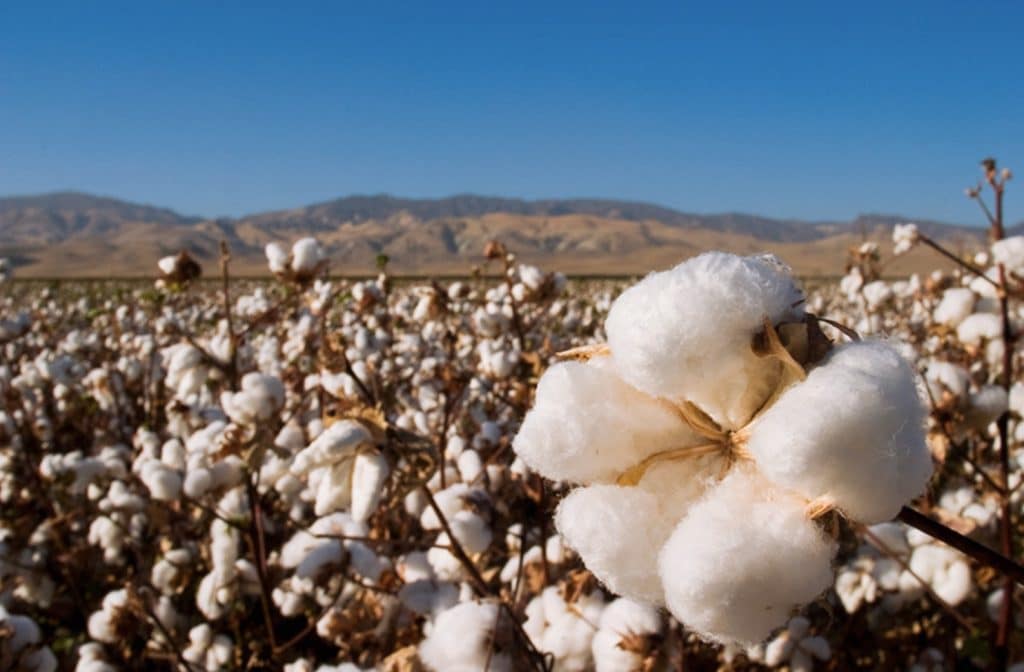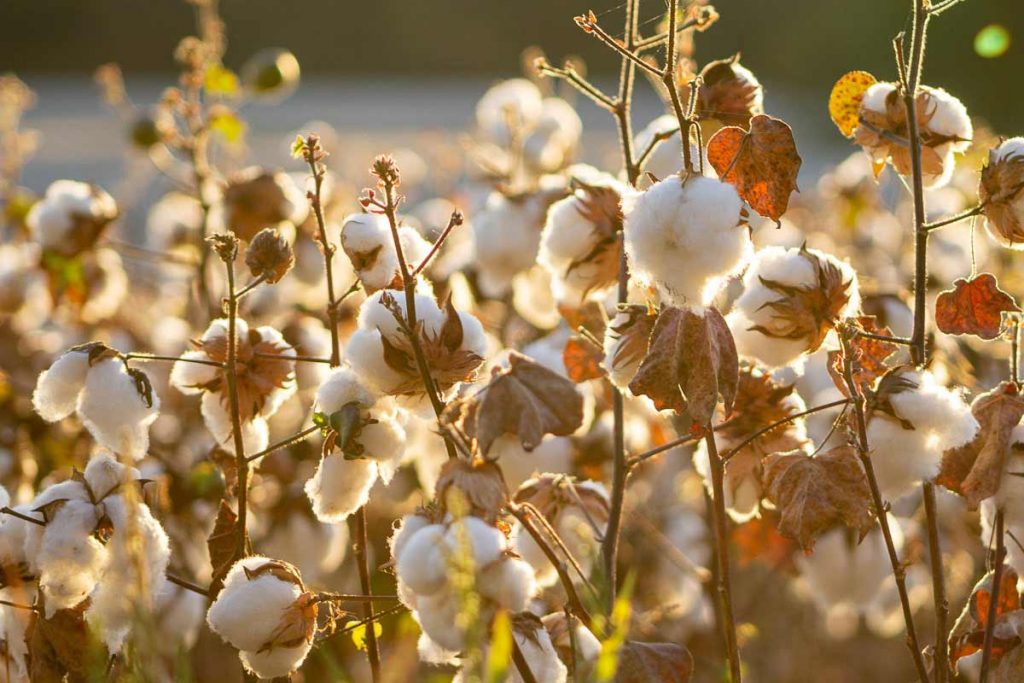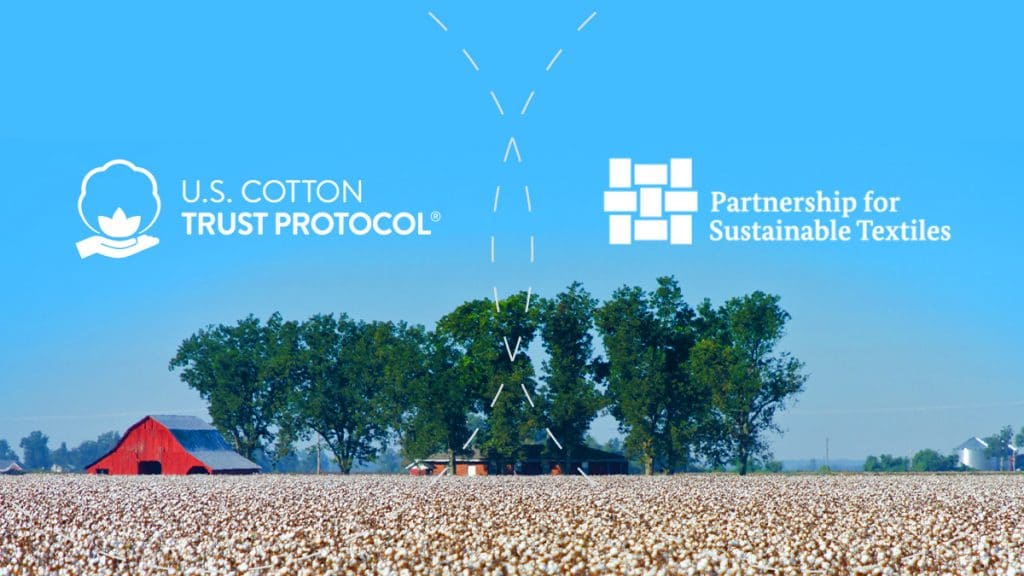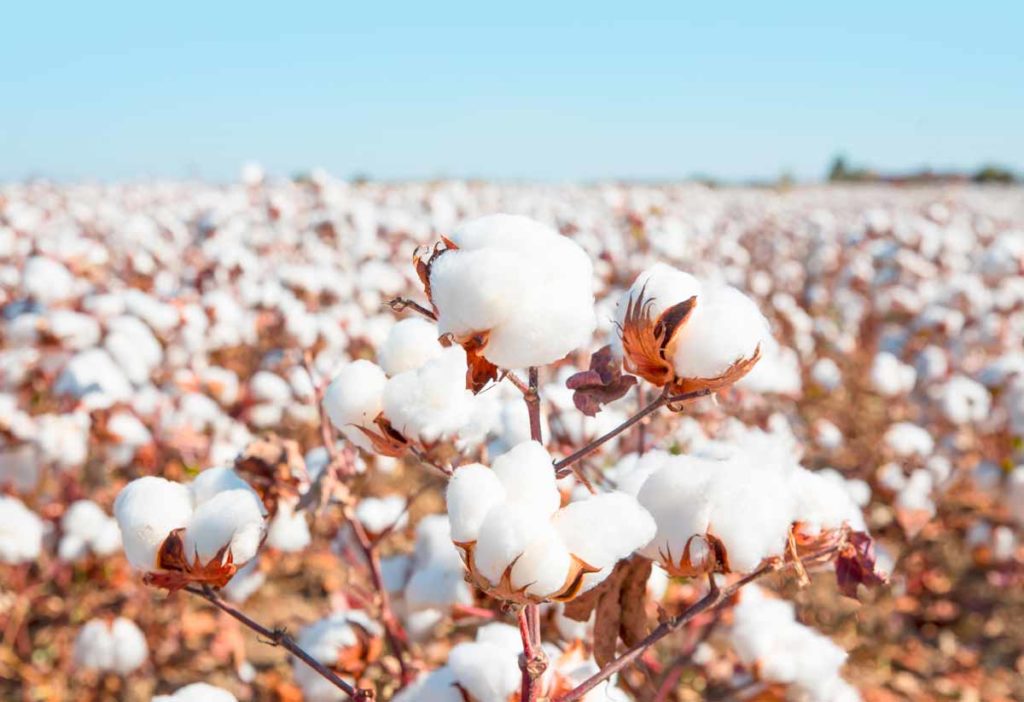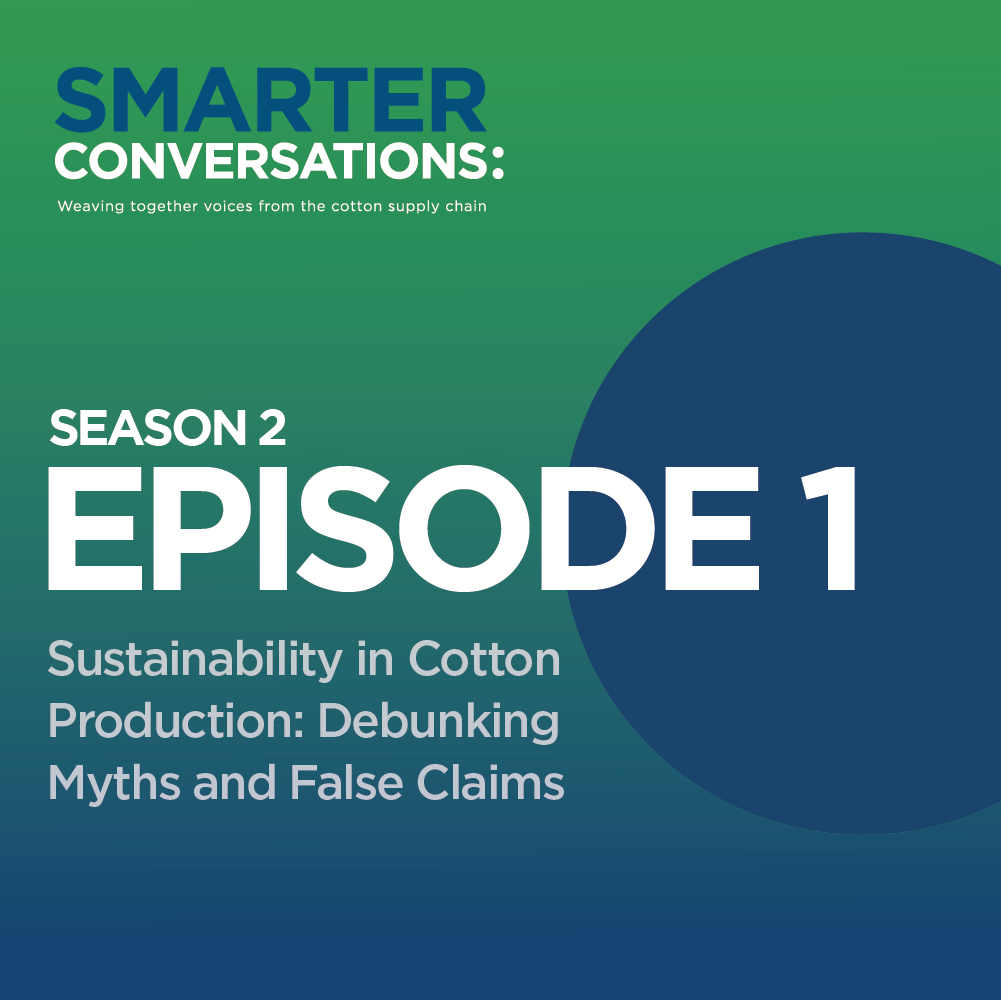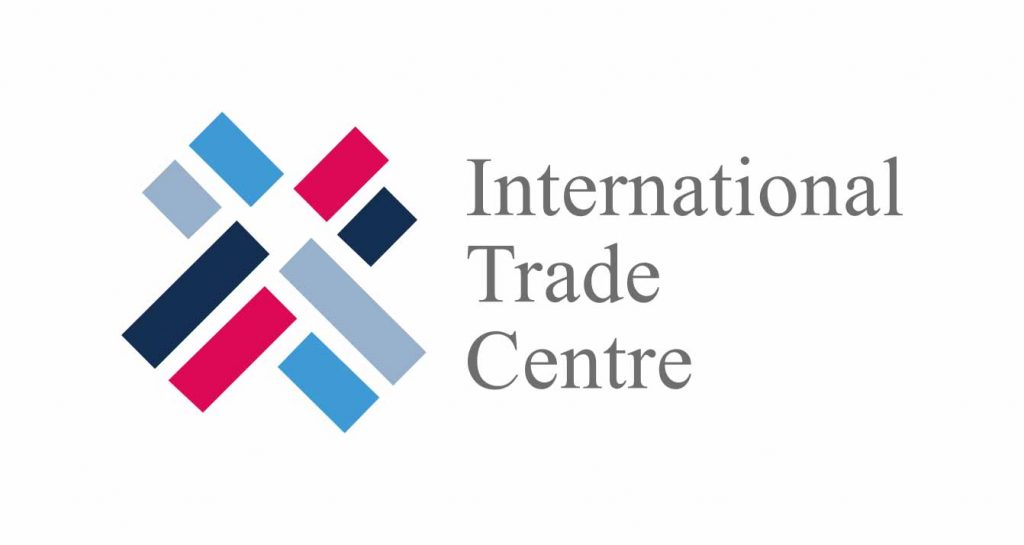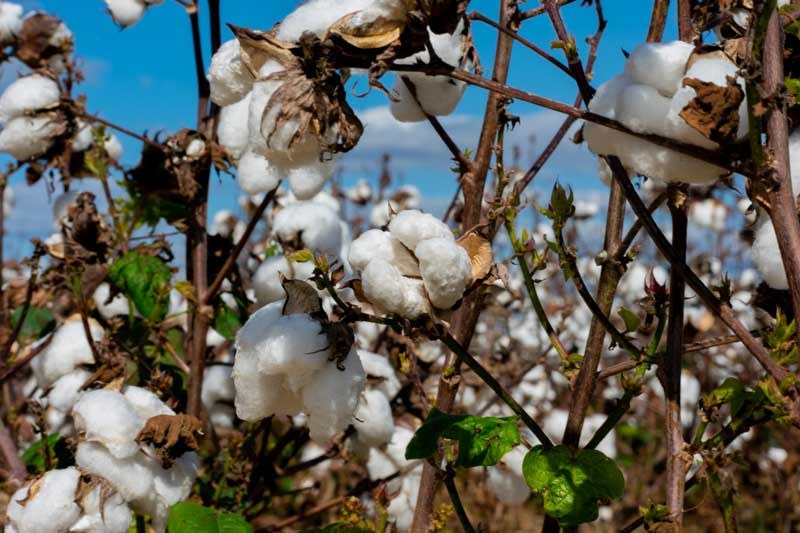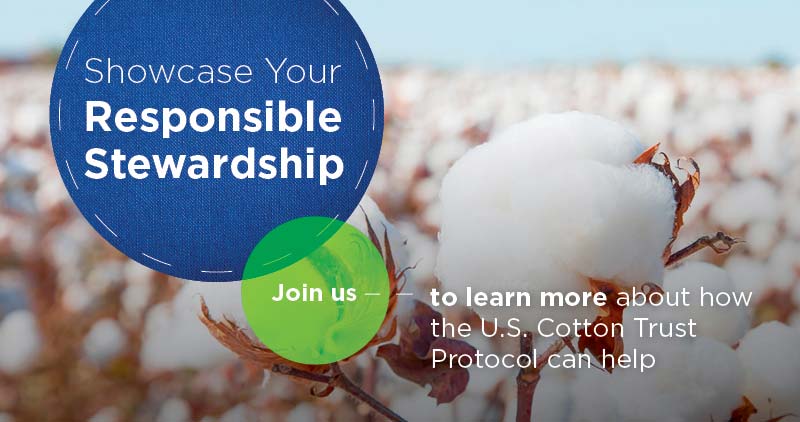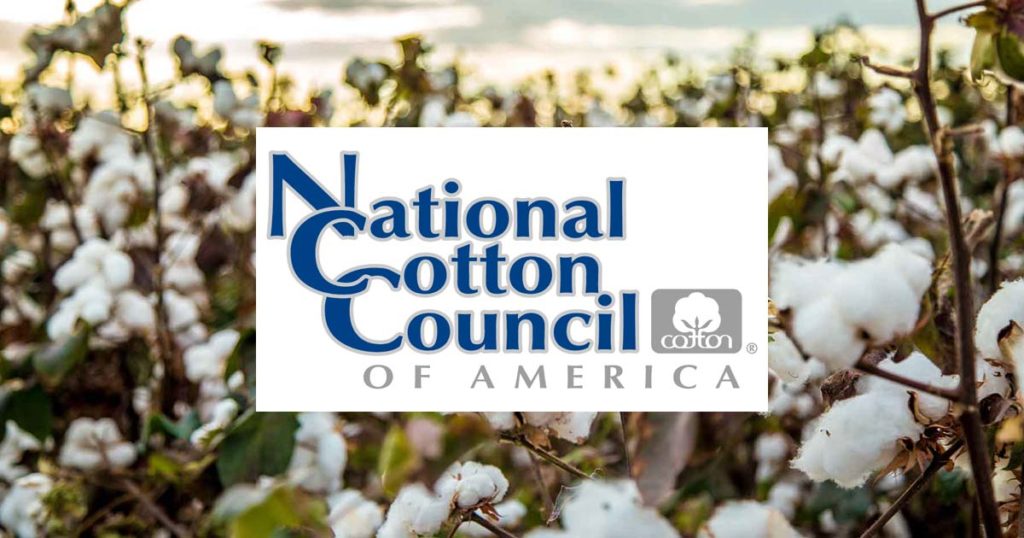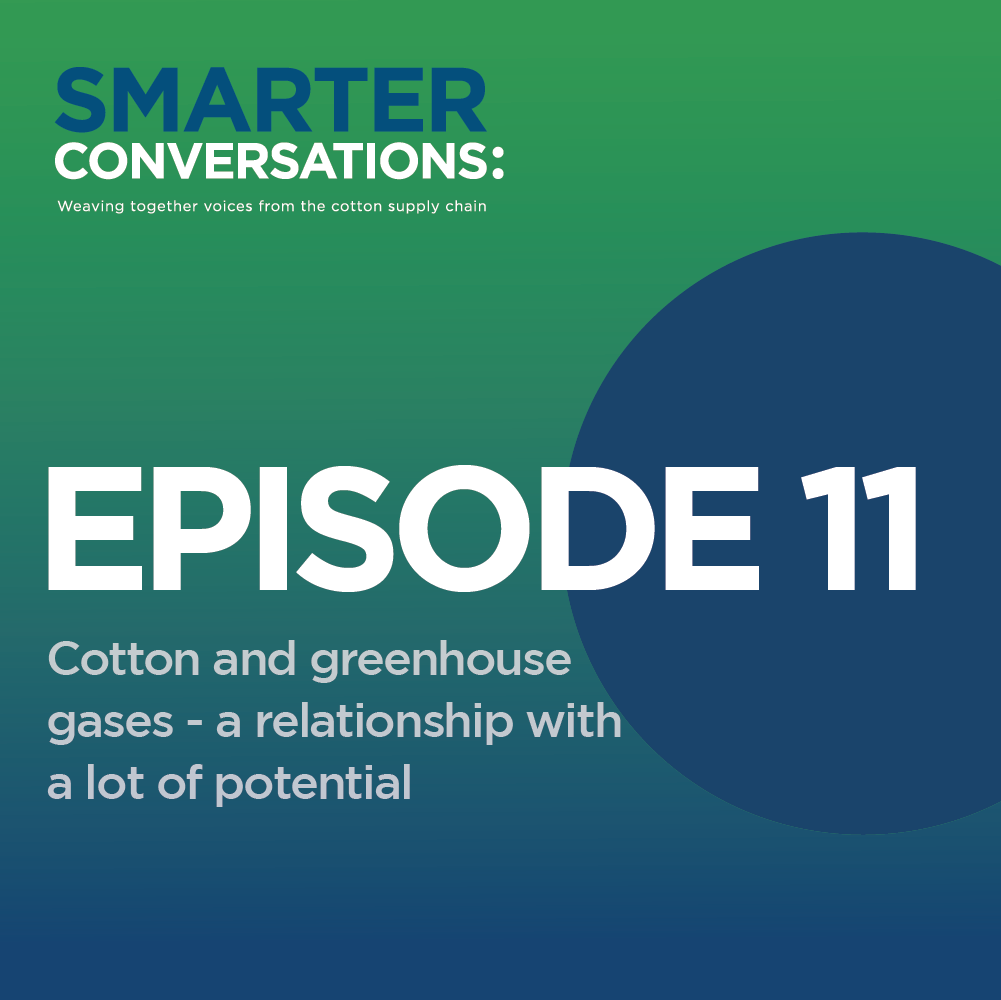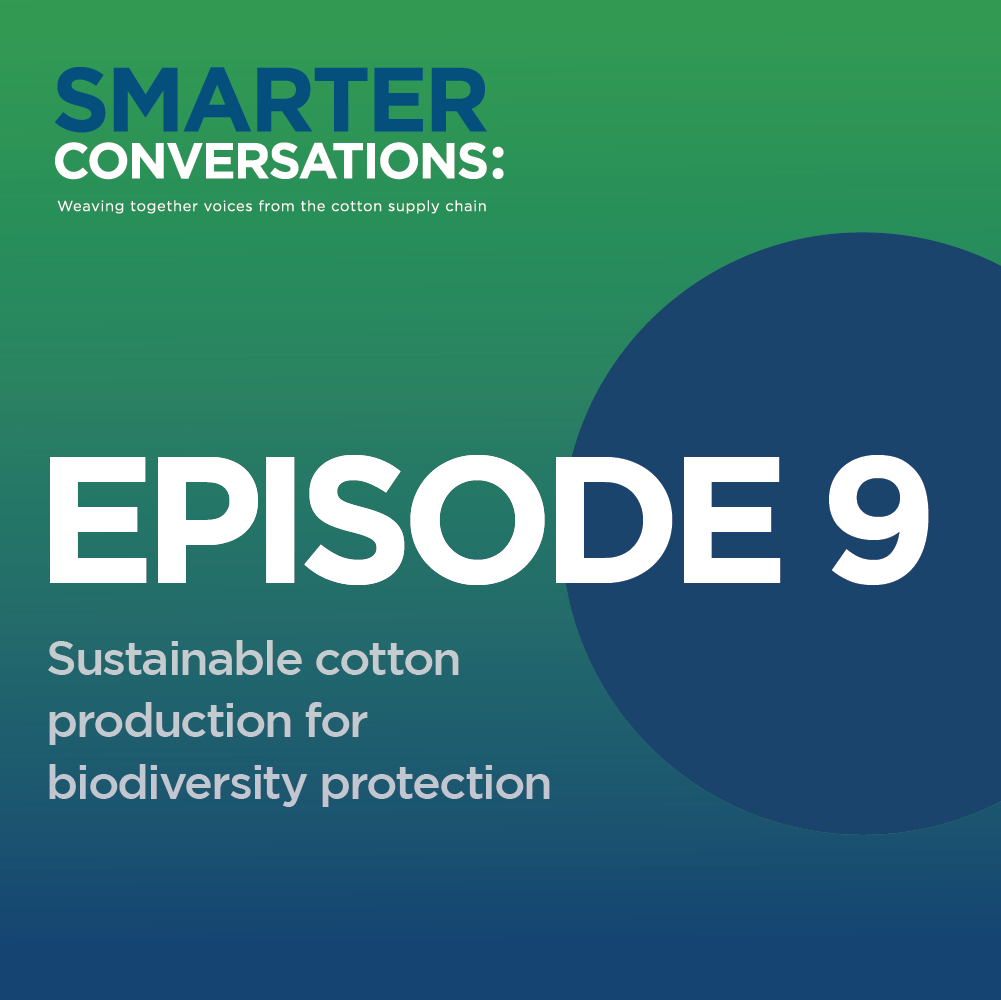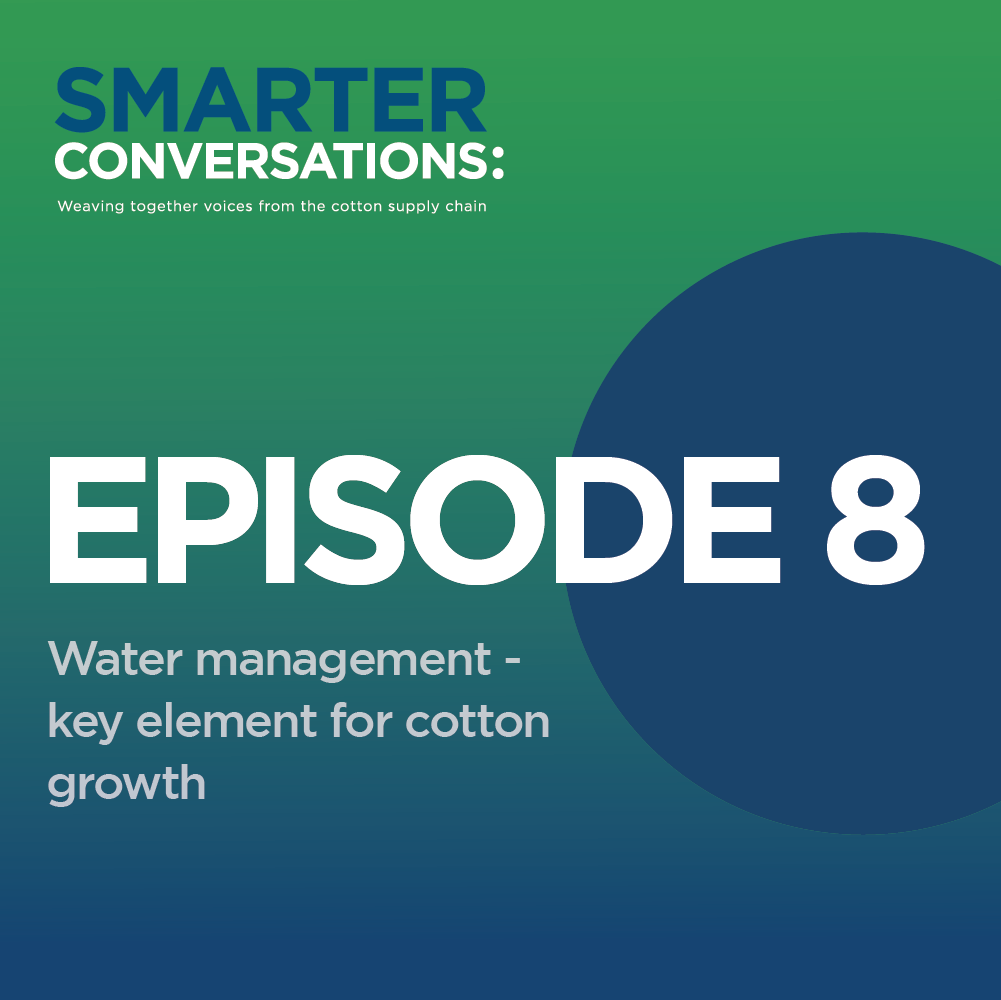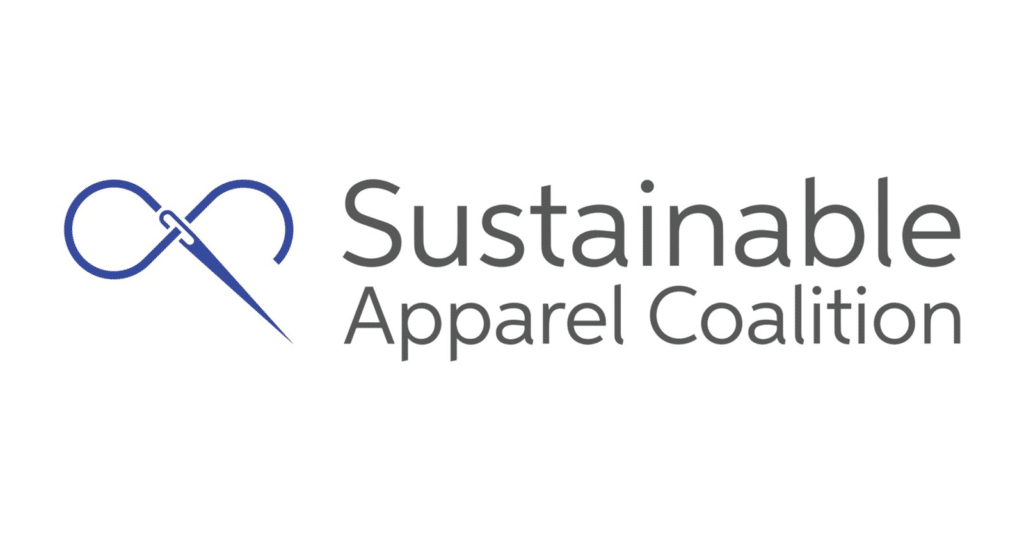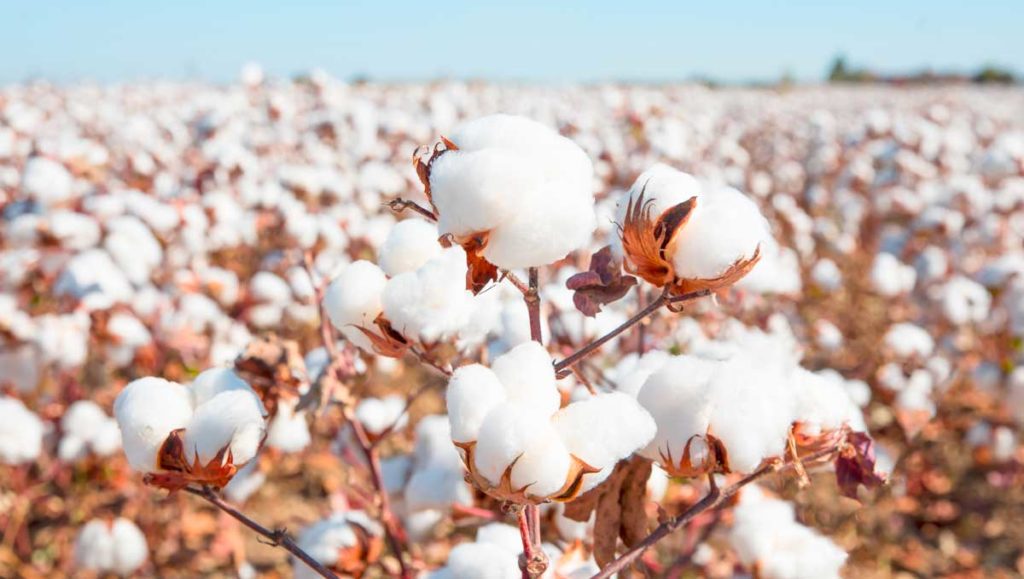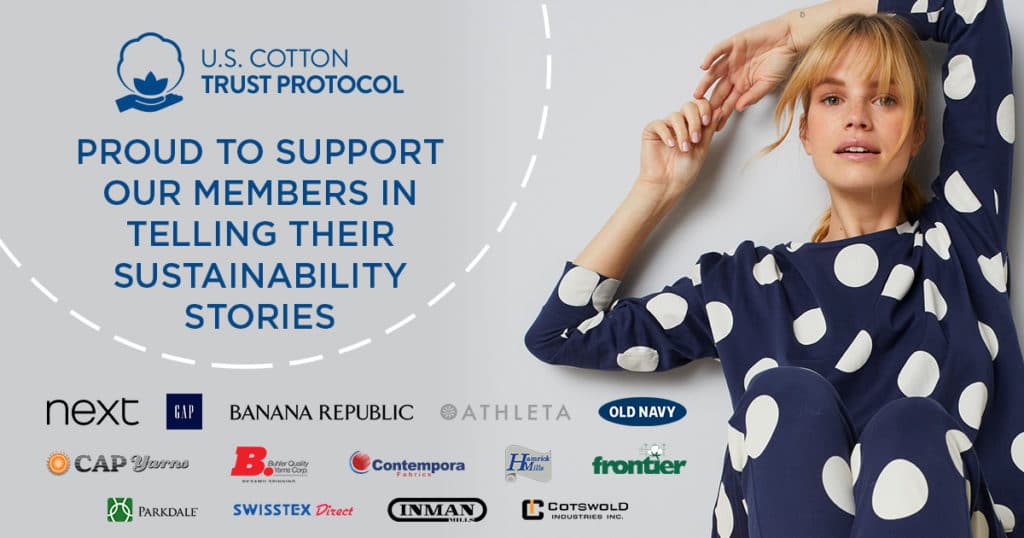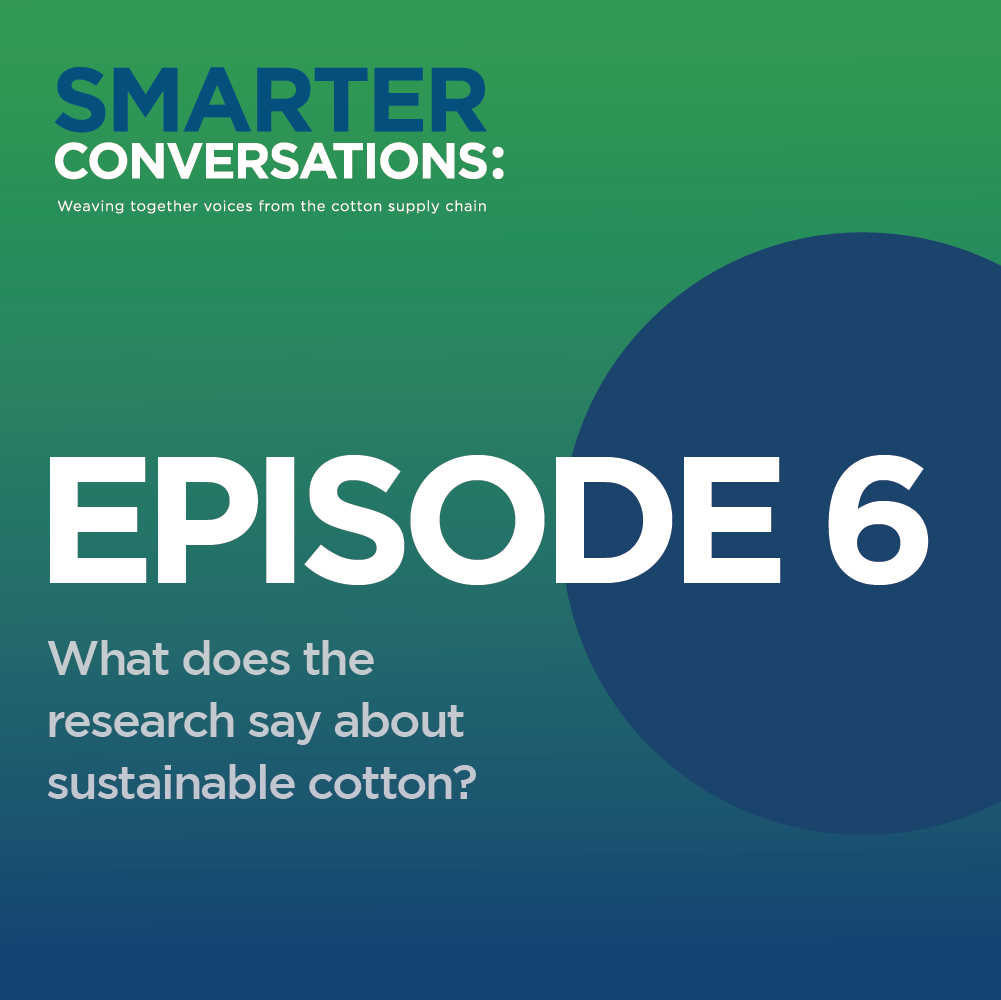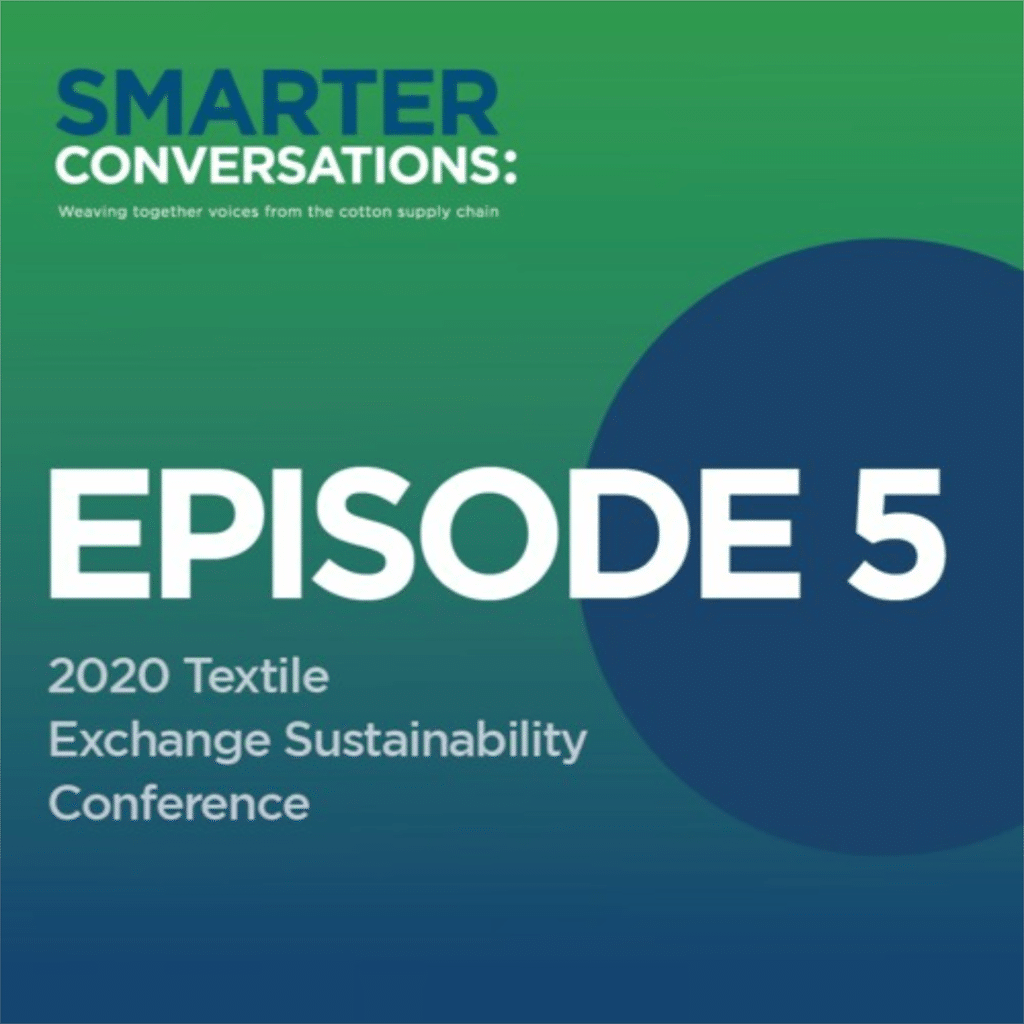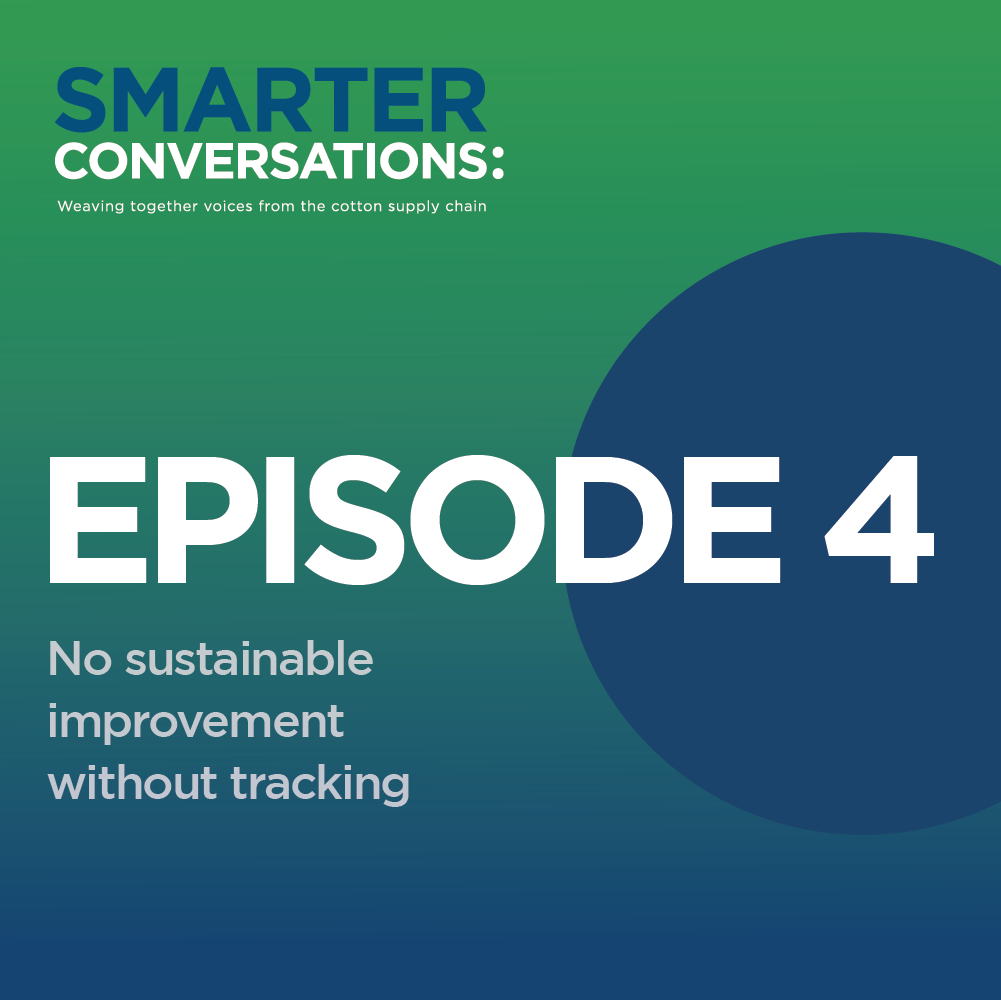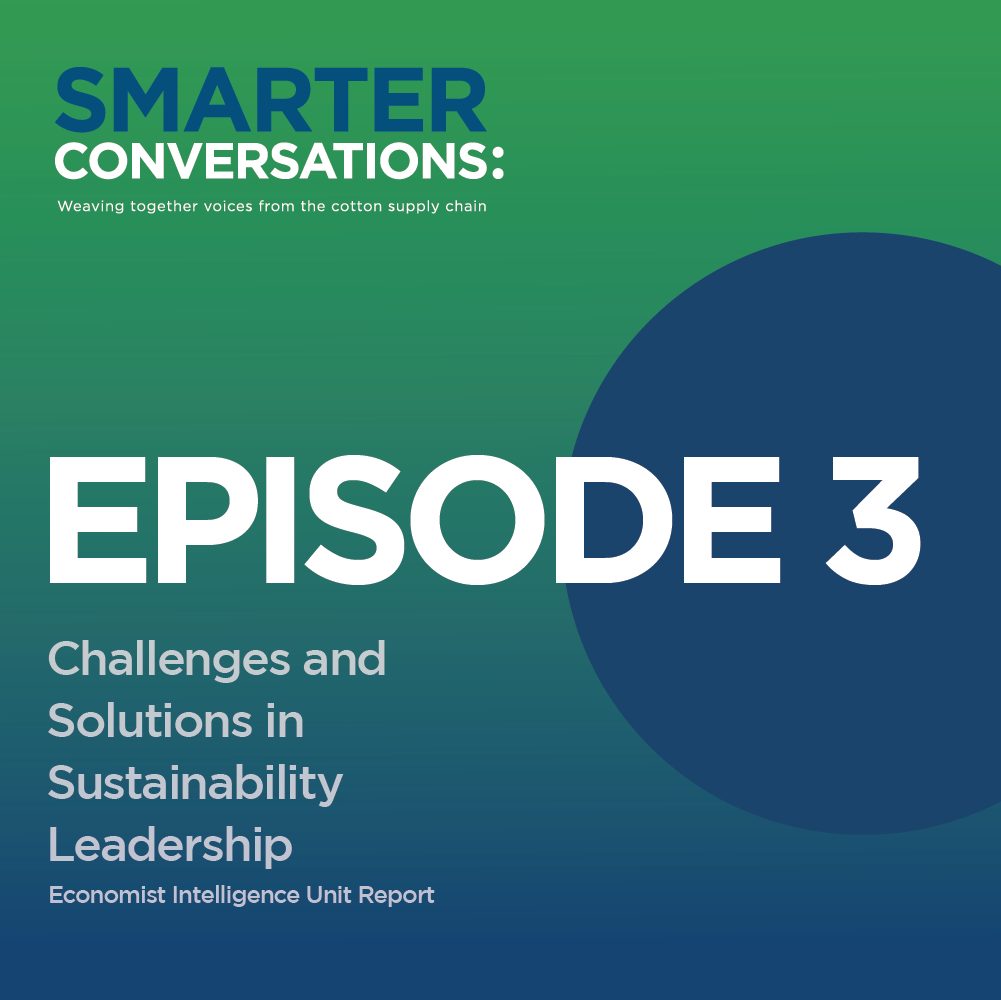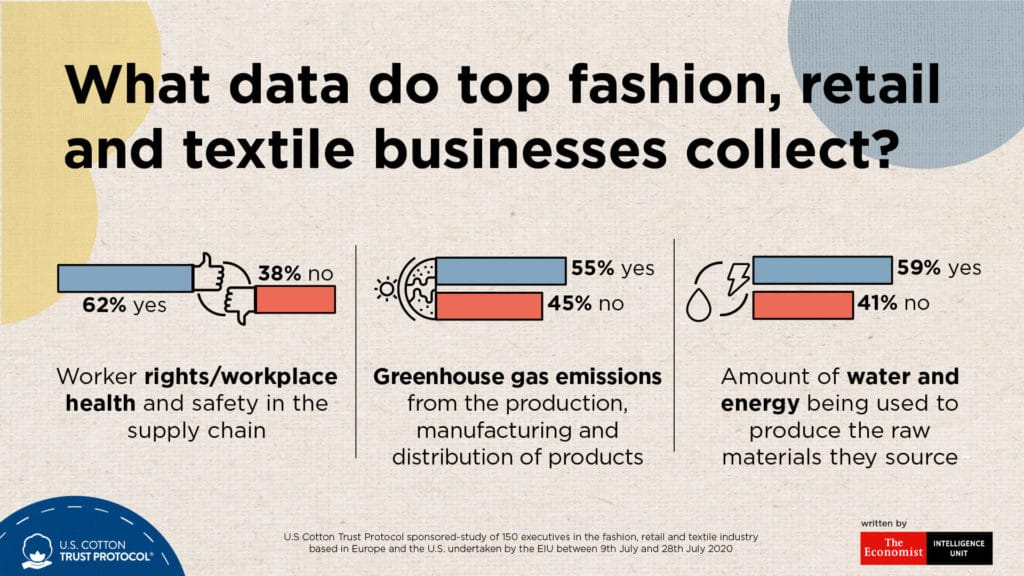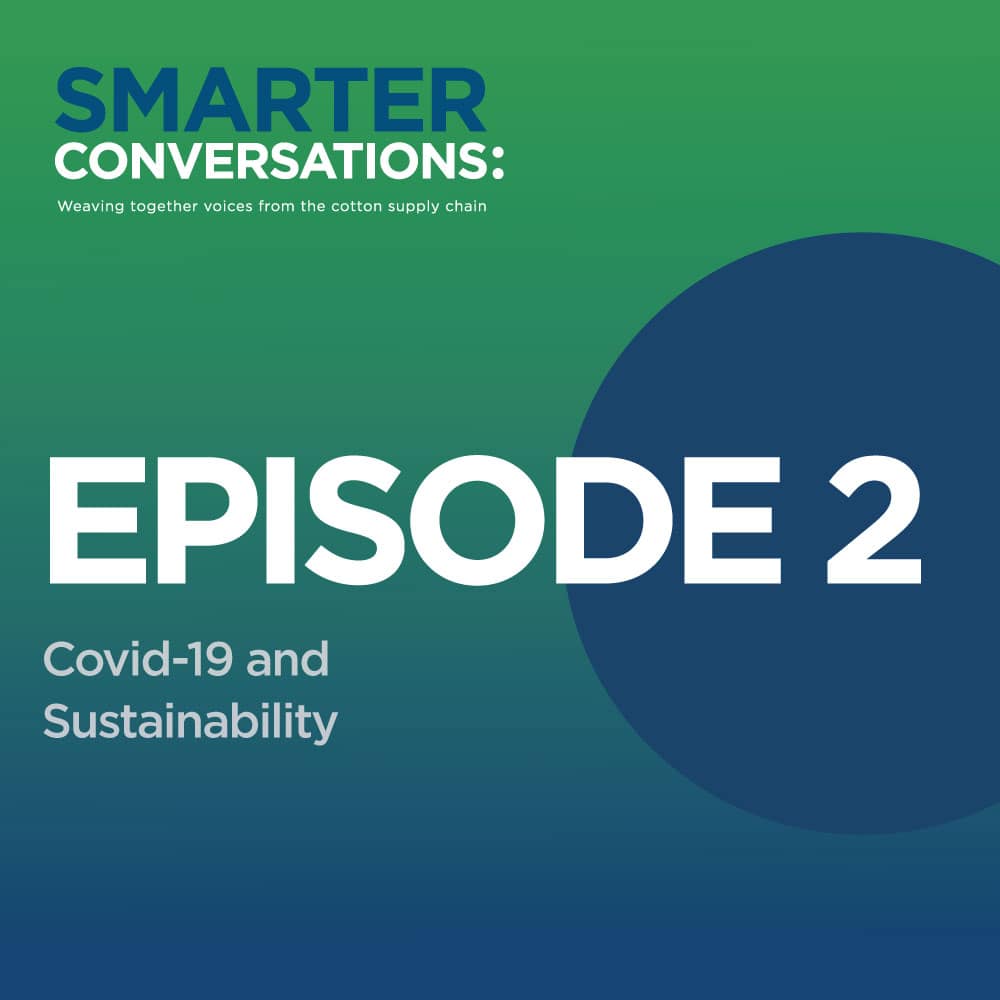Today, more than ever, it’s crucial for the fashion ecosystem to work hand in hand to drive continuous improvement in sustainability. Although we see lots of initiatives and activity from across the supply chain, it’s evident there is much more we can do. It’s within this context that the fashion ecosystem convened in Copenhagen for the 2023 edition of the Global Fashion Summit. From case studies on regenerative agriculture to nature-related risk in fashion, the two-day program combined industry best-practice with candid discussions on how best to future-proof the sector in line with sustainability targets.
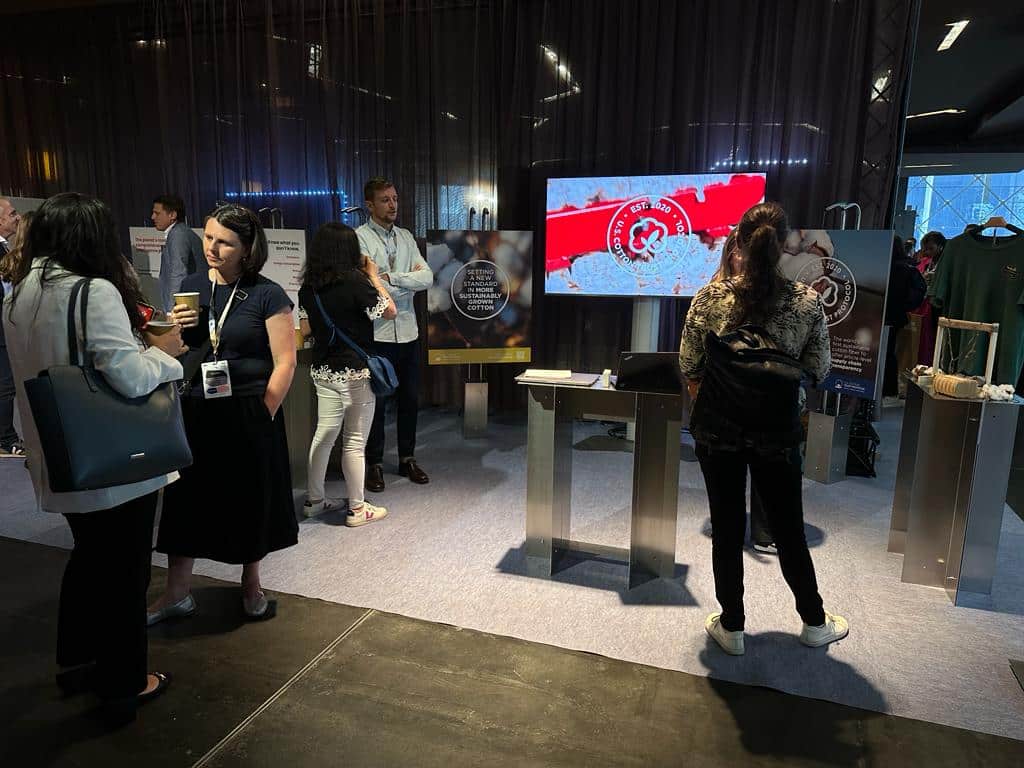
The Trust Protocol was there in force as part of the Innovation Forum to showcase the benefits of aggregate field-level data and more sustainable growing practices to brands and retailers. As part of a curated community of leading sustainability solutions, the Innovation Forum provided an excellent opportunity to engage with delegates and showcase the progress we are making across the key sustainability metrics of U.S. cotton production.Through a lifecycle-of-cotton display, informational video and quiz, the Trust Protocol was able to educate and gain insights from a broad spectrum of fashion industry players – including brands and retailers, luxury designers, politicians and students.
As well as informing delegates of the new standard we are setting in sustainable cotton production, the Trust Protocol heard first-hand about the new guidance and initiatives emanating from the event. Some of the highlights announced from the main stage included:
- Global Fashion Agenda launched the Global Textiles Policy Forum, a platform for governments and textile industry associations to align on an ambitious sustainability pathway for the industry and the global policy frameworks needed.
- UNEP and UN Climate Change announced The Sustainable Fashion Communication Playbook, a guide for fashion communicators to align efforts on sustainability targets and reduce promotion of overconsumption.
- A landmark report from the University of Cambridge Institute for Sustainability Leadership (CISL), the Fashion Pact and Conservation International, mapping how the fashion industry can implement the first science-based targets for nature.
A variety of themes emerged throughout the conference particularly around the role of the ‘citizen’ in driving policy change, and the need to move from a ‘take-make-waste’ model of consumption to one of greater circularity. Plus, amidst the diverse avenues explored to achieve sustainability, the overarching message of the Summit was straightforward: the fashion ecosystem must collaborate to build a resilient, sustainable fashion industry. No one business or initiative can make it on their own – it’s going to require a united effort.

GFS provided a platform for industry heavy weights to connect, discuss, and forge a tangible path towards a more sustainable future for fashion. The Trust Protocol was proud to exhibit at such a milestone event and showcase the concrete actions we are taking for the protection and preservation of the planet, whilst setting a new standard in sustainable cotton production.

